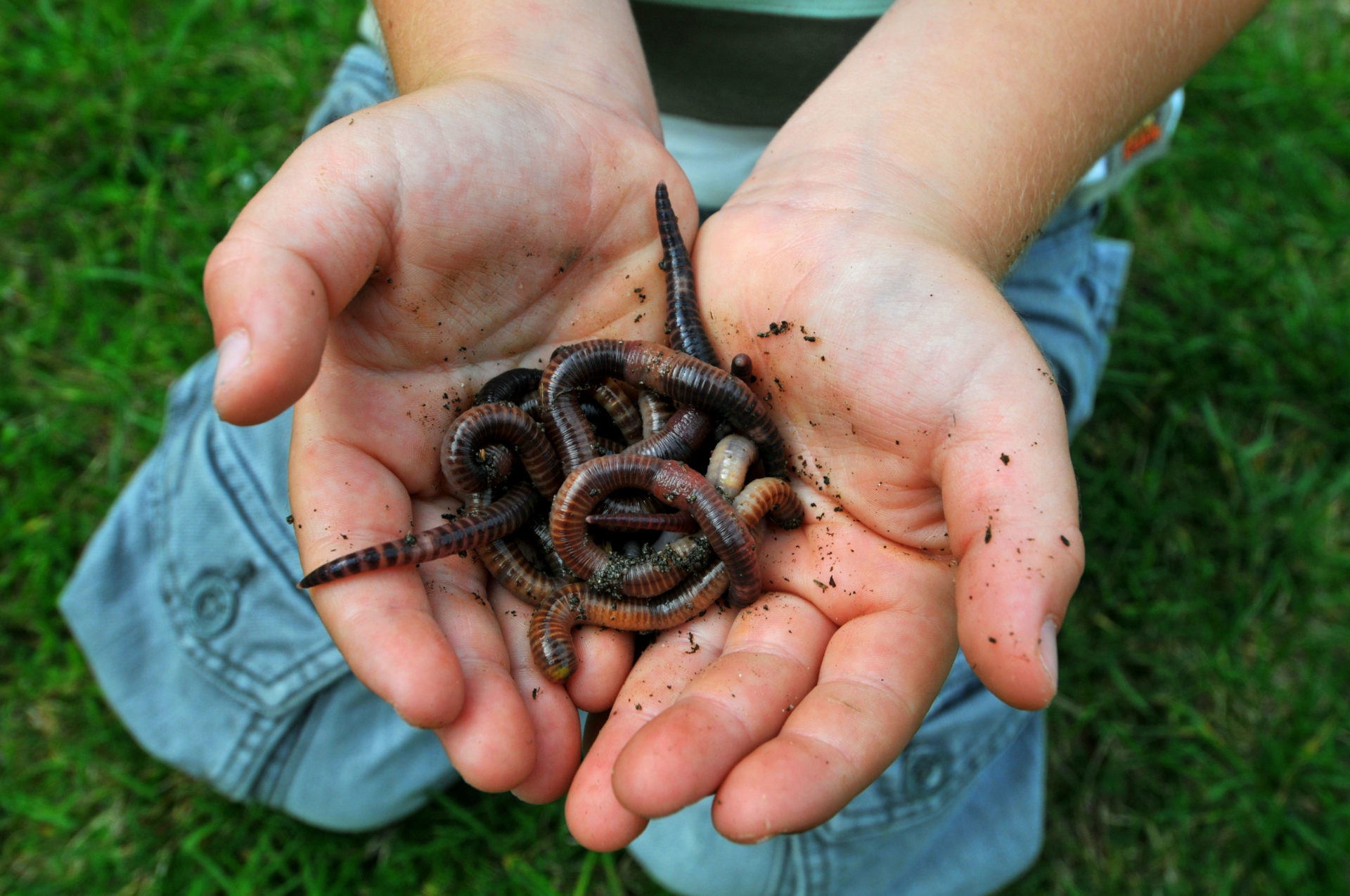While we share little in common with worms, studies about them might show how people can prolong life before becoming worm food.
Immunologist Professor Luke O’Neill told Show Me the Science life spans have become a “hot topic” as populations age and people have less children.
“I read recently in Japan... there's so many people in Japan are over 60 now, and they aren't being replaced,” he said.
The question of why we live to certain age is “philosophical” - especially when life spans seem to be growing.
Prof O’Neill said previous studies have shown genetics play a role – which is why you see so many families live son long – but the main factor is your environment.
“Smoking will definitely shorten your life,” he said. “If you drink a lot, that's another big negative as well.
“But there are some people we well know will smoke their heads off until they’re 90.”
Worms and life spans
What tells us something particularly interesting about human lifespans, however, is worms.
Prof O’Neill explained biologist Sydney Brenner studied nematodes because they can easily be seen wriggling around under a microscope.
“We share many genes [with worms],” he said. “Worms eat like we do, they burn glucose, they burn fats, they've got a mouth and the digestive system.”
What is unique about worms, however, is their process of slowing their aging process when necessary.
Worms typically live for a couple of weeks, but when faced with starvation, they can go into a dormant state called dauer.
This allows them to survive for up to two months before reemerging for food – the human equivalent of 300 years.
 Child holding worms. Image: Finnbarr Webster / Alamy Stock Photo
Child holding worms. Image: Finnbarr Webster / Alamy Stock PhotoWhile only juvenile worms can enter the dauer state, the studies have identified that it is worms’ genetics that allow them to enter this sleep state – genes that they might share with humans.
“In other words, if we could crack this in humans, we could go into this state, and this can be used for traveling to Mars,” Prof O’Neill.
The gene known as age1 that causes the dauer state also has a human equivalent – and it can be manipulated to let the worms live even longer.
The human equivalent of age1 is used to repair DNA in the body, which lines up with theories that aging is actually caused by DNA getting more and more damaged.









